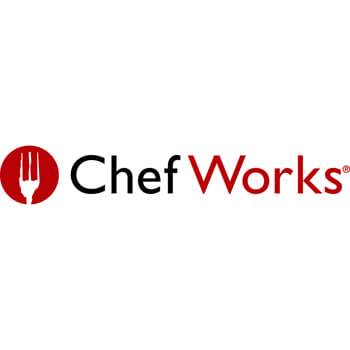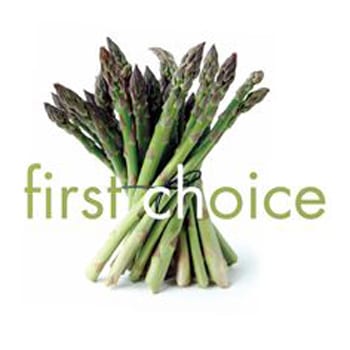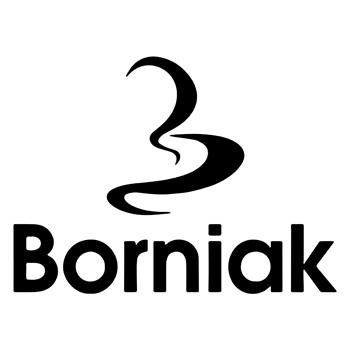Introducing Today’s Menu: A Free Tool to Revolutionise Menus and Change the Food System for the Better
 No Mise En Plastic (NMEP), a free online resource providing practical eco solutions for chefs, has launched Today’s Menu, a tool for UK based chefs who want to make DELICIOUS food while also changing our food system for the better
No Mise En Plastic (NMEP), a free online resource providing practical eco solutions for chefs, has launched Today’s Menu, a tool for UK based chefs who want to make DELICIOUS food while also changing our food system for the better
Developed by a team of chefs and growers, each section of Today’s Menu has been meticulously researched with the help of industry leaders, such as The Sustainable Restaurant Association, The Sustainable Food Trust and The UK Grain Lab to name a few. The result is a resource that’s packed with information, recipes and interviews, empowering chefs to make informed, impactful menu choices.
“Chefs have the power to shape food trends and it’s time we used that power. By celebrating these ingredients on menus, we can shift the way we all eat for the better.” Jack Feeny – founder of NMEPlastic
Here’s a taster:
White flour should be a treat
Wheat provides over 20% of our calories but the problem is that conventional grain farming relies on degrading land practices and heavy use of chemical fertilisers and pesticides. The sifting out of bran to make white flour also creates so much waste. To address this, the NMEP team worked with the UK Grain Lab to showcase the best alternatives. By sourcing a range of locally produced grains and prioritizing wholemeal flour, kitchens can reduce waste, enhance nutrition, and support great farming. Using grains such as rye, spelt, emmer, einkorn, naked barley, and oats not only introduce rich flavours but also help their growers.
NMEP encourages chefs to partner with their regional grain networks who can provide advice and connect them to local suppliers.
The truth around button, chestnut and portobello mushrooms
These mushrooms are all the same species, just at different growth stages. But the trouble is, their cultivation relies on peat, which contributes to the destruction of our vital carbon-rich peatlands. So we’ve worked with mycologist Dan Eastwood to find the best alternatives. Exotic varieties like oyster and shiitake mushrooms make great substitutes as they don’t depend on peat and can be grown using sustainable practices. They also make a fantastic replacement for meat.
Perennials – there are so many new flavours to try
Restaurant menus are largely built around annual plants that grow in a single season. In contrast, perennials, plants that live for more than two years, are incredibly beneficial for soil health and the environment. Through collaboration with The Agroforestry Research Trust, we’ve learned that around 7,000 edible perennial crops can thrive in the UK climate, compared to just 20-30 common annual vegetable crops. We’re already familiar with perennials such as asparagus, rhubarb and herbs such as rosemary and thyme. But there are countless other perennials waiting to be discovered that offer a world of untapped flavours. There’s the orange-coriander taste of Houttuynia and the spice of Szechuan pepper to the sweetness of aniseed-like sweet cicely and the tartness of autumn olives, plus a vast array of leafy greens and salad leaves. Perennials are not widely available to buy currently but chefs can help change this. Chefs need to show suppliers there is demand for these ingredients and help encourage farmers to grow them.
There is so much more to discover on Today’s Menu
Other topics covered include why chefs should start incorporating weeds into their menus, the best types of meat to use, the latest insights on invasive species, why, if you love bread, you should be eating more UK-grown pulses, and so much more. Go check out our website and see how easy it is to make planet-friendly changes!











